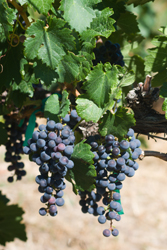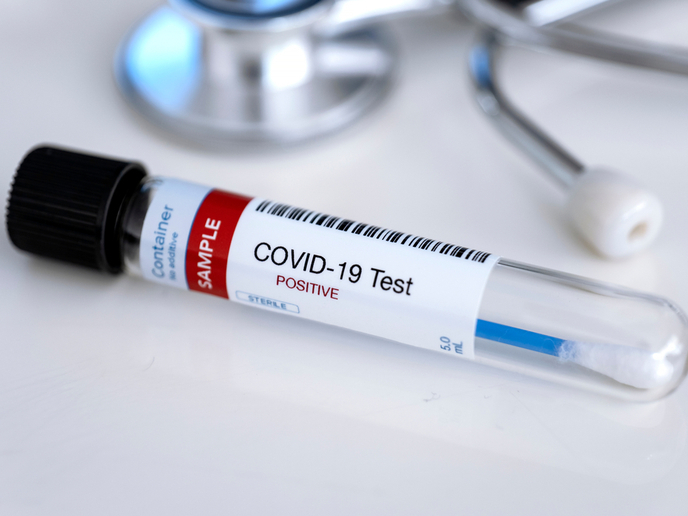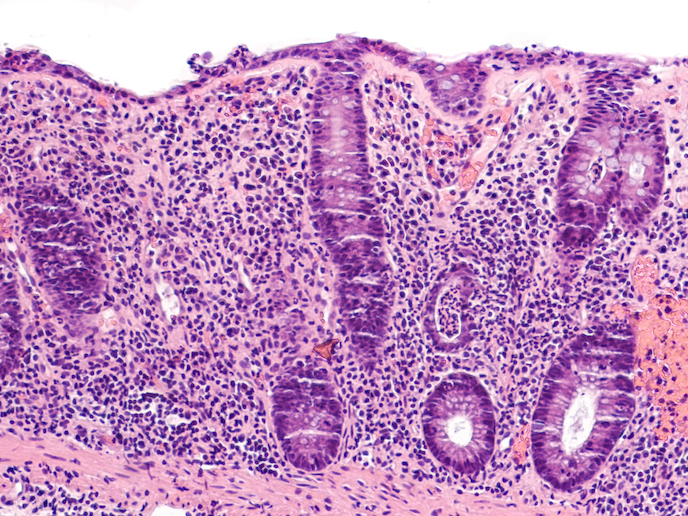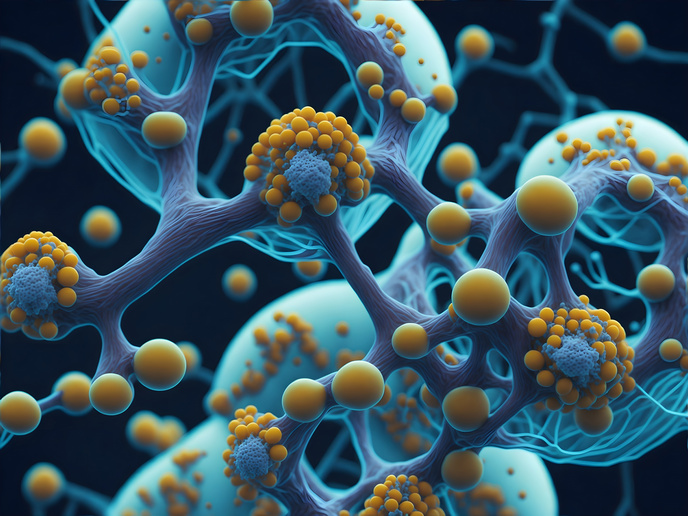Effect of adjuvants on OTA content in wine
OTA contamination occurs in grapes and is particularly prevalent in the countries of the Mediterranean Basin. OTA can cause kidney damage in humans. The WINE-OCHRA RISK project carried out a risk assessment of OTA and developed protocols and systems for controlling the toxin and the fungi which produce it. Trials were carried out with different adjuvants, which are added to wine to enhance it, as well as different quantities of each adjuvant. The WINE-OCHRA RISK study used five different red wines with different levels of OTA and exposed them to different fining agents. Finings are added during wine processing to remove organic compounds in order to improve, clarity or to adjust the taste or aroma. Results of the study indicated that products which contained charcoal were effective in reducing the level of OTA in wine. However, when the concentration of OTA was high, it could not be reduced to acceptable limits through the use any of the fining agents. It was also revealed that when OTA levels were low, less charcoal should be used so that the colour of the wine was not affected. If the OTA content was high and a large amount charcoal was used, the intensity of the colour of the wine could decrease. A number of bacterial strains were also investigated for their ability to reduce levels of OTA in both wine and must. Various commercial strains of Oenococcus oeni were tested. The best outcome was achieved by strain R4, which was similar to that produced by a variant of Lactobacillus plantarum.







